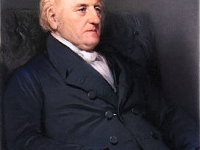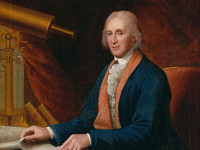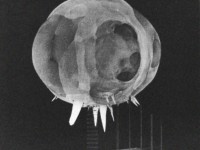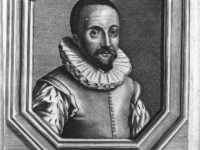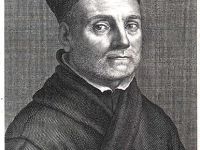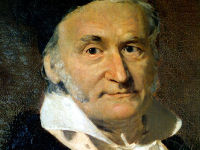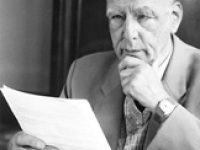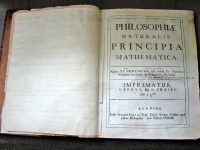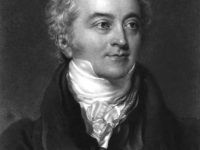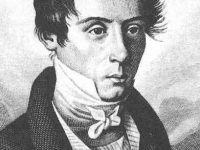Peter Barlow and the Barlow Lenses
On October 13, 1776, British mathematician and physicist Peter Barlow was born. As a mathematician, he produced important mathematical tables. However, he is still renown today for his development of two varieties of achromatic (non-color-distorting) telescope lenses, the so-called Barlow lenses. “Opinions derived from long experience are exceedingly valuable, and outweigh all others, while they are consistent with facts and with each other; but they are worse than useless when they lead, as in…
Read more

